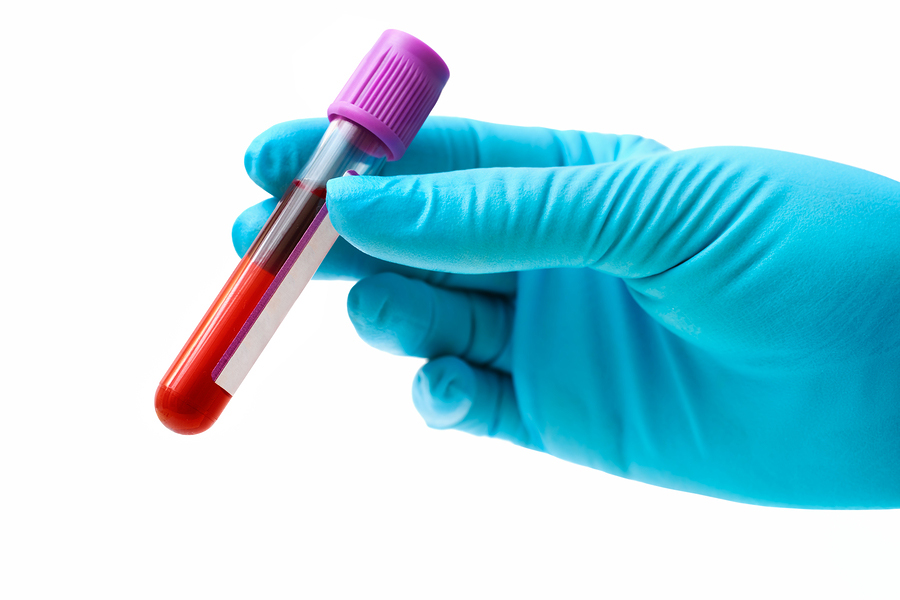In Birchfield v. North Dakota, the U.S. Supreme Court heard arguments on whether police need a warrant to perform a DUI blood test and held that the Fourth Amendment permits warrantless breath tests incident to arrests for drunk driving but not warrantless blood tests. The broader impact of this decision applies to those states that make it a crime to refuse a breath test. South Carolina does not make it a crime to refuse a breath test but your license will be suspended through an administrative process which is not criminal in nature.
Implied Consent
All 50 States have implied consent laws. These laws impose a penalty on drivers who refuse to provide a breath sample such as license suspension or making it a criminal offense. The implied consent is a condition enacted by the state for the privilege of driving. If your case goes to trial that state can and will use that refusal as evidence that you were drunk driving.
So what did the Court Decide?
The Court made it clear that there is a big difference between having to provide a breath sample and having a needle stuck in your arm to draw blood.
No warrant required for a breath test: The court held that requiring a driver to provide a breath sample although a search is valid search incident to arrest. The court further stated that laws making it a criminal offense to refuse a breath test were constitutional in that they do not violate the Fourth Amendment.
“Because breath tests are significantly less intrusive than blood tests and in most cases amply serve law enforcement interests, we conclude that a breath test, but not a blood test, may be administered as a search incident to a lawful arrest for drunk driving. As in all cases involving reasonable searches incident to arrest, a warrant is not needed in this situation.”
Warrant required for blood test: An officer can’t make a driver submit to a DUI blood test without first getting a warrant, unless the driver consents to the test. Furthermore, the court stated that you cannot make it a crime to refuse a blood test where there is no warrant. Prosecutors can and will argue that your refusal is evidence of guilt.
Having found that the search incident to arrest doctrine does not justify the warrantless taking of a blood sample, the Court turned to the argument that blood tests are justified based on the driver’s legally implied consent to submit to them. The Court found that “motorists cannot be deemed to have consented to submit to a blood test on pain of committing a criminal offense.”
Mt. Pleasant DUI Attorney
If you’re been arrested for DUI, consult an experienced lawyer. A Mt. Pleasant DUI Attorney can explain how the DUI blood test law applies to you. The Dale Savage Law Firm offers a free consultation on DUI cases. Call today at (843) 530-7813.

